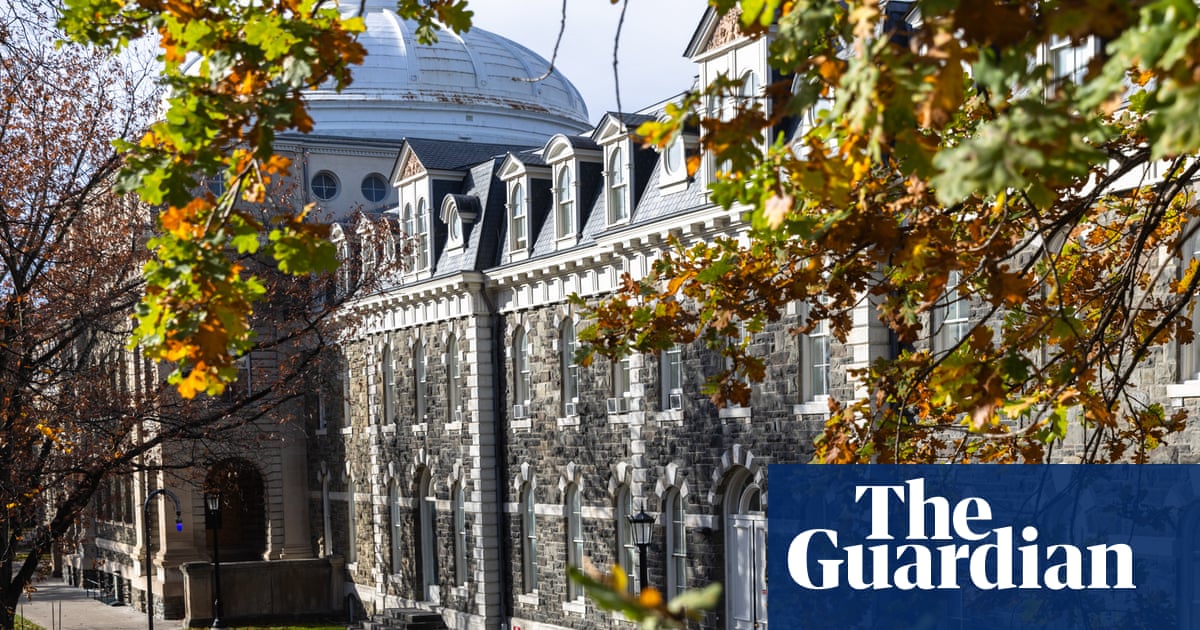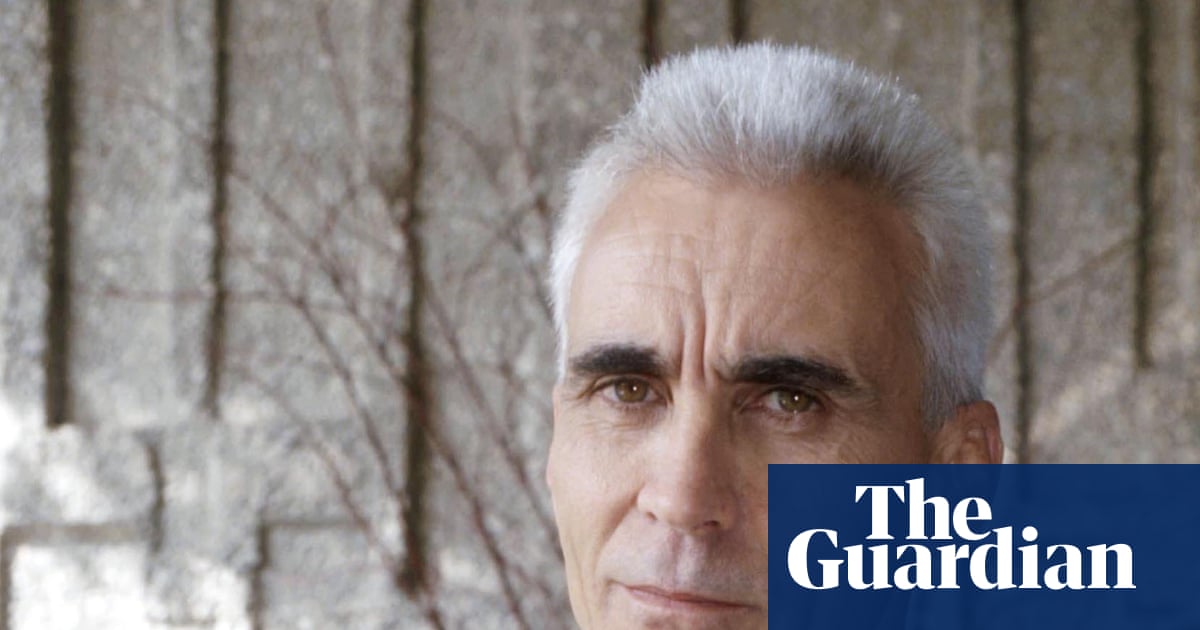I agree with Wes Streeting that the forthcoming five-day strike by resident doctors in England is “completely unreasonable” (Resident doctors accused of ‘greedy’ pay demands before Streeting talks, 17 July). It is less than a year since their last pay dispute was settled, following a bitter war that lasted 18 months. Patient care suffered again and again.
Tactically propagated via targeted social media, this conflict will rapidly spread across borders to the devolved nations. Therefore we in Wales must also anticipate a cruel and chaotic disruption to NHS care by the autumn.
Any public sympathy that the doctors had has gone, and if the British Medical Association is going to succeed in this dispute, they must change their demands and surely offer something in return. Rather than arguing for “pay restoration”, they should emphasise the debt that a graduate owes after five or six years as an unpaid medical student and the compulsory overtime they work at night and at weekends.
Perhaps if graduates agreed to work full-time in the NHS for five years, that massive student debt could be waived. In parallel, rather than arguing to further raise their base salaries with headline percentages that could never be offered by any government to any public sector worker, they should ask for their overtime to be paid at double their standard rate of pay. The public might support this because it is logical and fair.
Medicine is a wonderful career. Over our lifetime, it is secure and well rewarded. We have the privilege and responsibility to be present and influential at important moments in people’s lives. Money cannot buy that opportunity. I urge the BMA and resident doctors to construct a better argument and avoid another bitter pay war so soon after peace was negotiated. The BMA should remember that the police and army cannot strike.
Dr Ieuan Davies
Consultant paediatrician, Llantood, Sir Benfro
Many consultants and those of us now retired to the status of informed NHS patients would have been astonished to read that some junior doctors consider that they are as valuable to the NHS as their predecessors of 10 or 20 years ago. On the contrary, they are in general much less so. Moreover, they are not fully trained, as some claim, until they have acquired the necessary skills and knowledge to become consultants.
As for being professional, this is difficult to equate with the willingness to withdraw care from their patients. The NHS would lose little if those one sees representing them in the media were to find themselves employment other than in a caring profession.
Many young people with a real vocation to medicine rather than a selfish desire to earn more than their academic peers would have been delighted to have taken their places in medical schools.
Prof Anthony Seaton
Edinburgh
Yesterday morning I had an unexpected visit to a local NHS hospital. As I get older, I spend an increasing amount of time at clinics, hospitals and my GP’s surgery. As always, I was struck by the kindness, patience and professionalism of every member of staff. While clearly dealing with shortages of beds, resources and staff, they always remain robust and cheerful. All NHS staff are working harder for less money in real terms.
Wes Streeting’s attacks on resident doctors for “unreasonable” demands is a classic divide-and-rule tactic. He would rather NHS staff, whether they are cleaners, admin workers or nurses, blame resident doctors for their low pay rather than a succession of governments that have turned their backs on health workers’ justified pay claims.
Instead of being their enemy, other NHS workers should see the strike as an inspiration and give it their full support. That’s why I will be visiting the doctors’ picket line next week to show my solidarity.
Martin Empson
Manchester
Resident doctors are going on strike allegedly for catchup pay. However, talk to the resident doctors who have voted to strike and the frustration and crisis of morale is less about pay and more about unsafe working conditions, an undermining of their role by the chaotic introduction of less qualified staff such as physician associates and uncertain career prospects because there are not enough specialist training places to prepare them for senior jobs.
Unless these deep structural problems are fixed, no pay rise will solve the problem.
Dr Nicholas Rose
Green Templeton College, Oxford

 3 months ago
102
3 months ago
102

















































